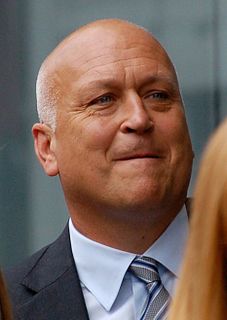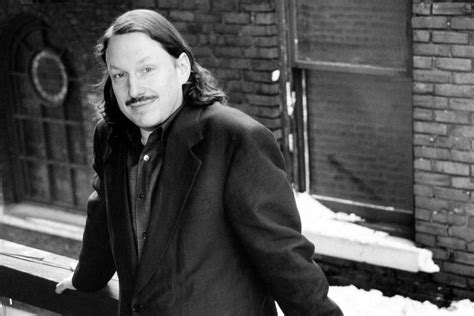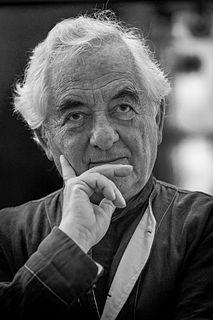A Quote by Geoff Dyer
What I've really liked doing is combining what you might call art criticism or music criticism with something that is happening in real life.
Related Quotes
I don't have a very high opinion, actually, of the world of criticism - or the practice of criticism. I think I admire art criticism, criticism of painting and sculpture, far more than I do that of say films and books, literary or film criticism. But I don't much like the practice. I think there are an awful lot of bad people in it.
I'm always very careful to make the distinction between music criticism and music journalism. A lot of people don't. But criticism doesn't require reporting. You can write criticism at home in your underwear. On the other hand, journalism takes legwork - you have to get out there and see things and talk to people.
I appreciate good criticism and I think it's really important. I don't like it when it's consumer advocacy, like how you should spend your $60. Great criticism is a kind of literature. I've written some criticism, and I really enjoy it because I think it's important for people to know that theatre is vital. Criticism is really unevenly distributed in this town. Obviously the power of the Times is discouraging. It's killing new plays, demolishing one after another.
People are more interested in reading bombastic ideas, whether they're positive or negative. Part of me has sort of lost interest in doing criticism because of that. I've always realized that criticism is basically autobiography. Obviously in my criticism, it's very clear that it's autobiography, but I think it's that way for everybody.
My overall approach toward art is to remain as open as possible in front of the world, to always be curious, not to be afraid to experiment, and have a sense of self-criticism and a general criticism toward the surrounding. Also, trying to make a difference between serious research and pure gag! And making as few compromises as possible toward doing things that might not be accepted by the majority of society, even if this dominant society is the one which is ruling the art world. To keep this fundamental idea, even if it's a bit trivial: to have the desire to transform the world.
That was one of the big problems in the [Black Panther] Party. Criticism and self-criticism were not encouraged, and the little that was given often wasn’t taken seriously. Constructive criticism and self-criticism are extremely important for any revolutionary organization. Without them, people tend to drown in their mistakes, not learn from them.
As far as criticism, I don't mind critics. I mean, I wrote for 'Rolling Stone' for a hot minute. I like criticism. I enjoy criticism. The thing I don't like is cruelty for cruelty's sake. You don't have to be a jerk to say something negative. You can say something in the negative sense and have class.
In the spiritual domain, criticism is love turned sour. In a wholesome spiritual life there is no room for criticism. The critical faculty is an intellectual one, not a moral one. If criticism becomes a habit it will destroy the moral energy of the life and paralyse spiritual force. The only person who can criticise human beings is the Holy Spirit.






































